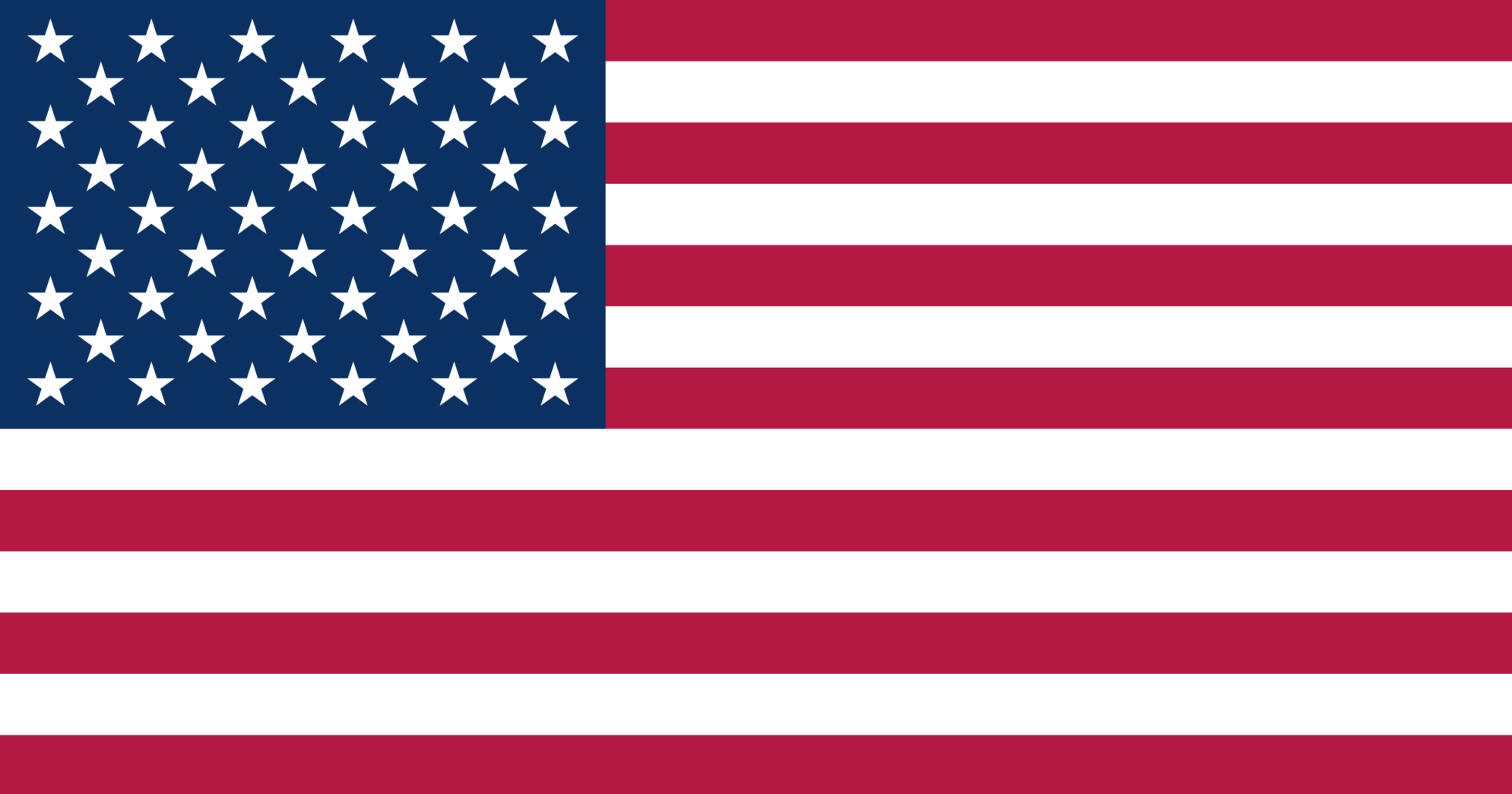As U.S. credit card debt hits record high, lawmakers seek to cap loan rates

As U.S. consumer debt levels continue to rise, some U.S. lawmakers and regulators have called for interest rate caps and lower credit card fees. In the second quarter of 2023, total U.S. credit card debt exceeded $1 trillion for the first time ever. Federal Reserve data showed that the average interest rate for all cardholders jumped to more than 21% in August, a record high. Industry analyst Ted Rozman said some credit cards – especially retail store cards – charge fees of more than 30%. Republican Senator Josh Hawley of Missouri introduced a bill in September that proposed limiting credit card interest rates to 18%, arguing that working people bear a “higher financial burden.” The legislation, called the “Cap Credit Card Interest Rates Act,” also aims to prevent credit card companies from circumventing the cap by raising other fees. Meanwhile, the U.S. Consumer Financial Protection Bureau proposed a rule earlier this year to cut fees for late payments on credit cards. One of the provisions is to reduce the fee for missed payments from a maximum of $41 to $8. In June, four senators — Richard Durbin, D-Ill., Roger Marshall, R-Kansas, Cyrus Vance, R-Ohio, and Peter Welch, D-Vermont — introduced the Credit Card Competition Act. The bill seeks to reduce credit card transaction fees that could be passed on to consumers. “I think some of the (political) dividing lines are starting to blur a little bit, at least on the issue of credit cards,” Rozman said. However, it’s unclear whether the measures will succeed. For example, Jarrett Seiberg, an analyst at Cowen Washington Research Group, wrote in a recent research note that Democrats “will likely be receptive” to Hawley’s bill because progressives have long supported a federal interest rate cap. But he said the plan might not have enough support to overcome a Senate filibuster and would have little chance of passing in the Republican-controlled House. “We don’t see a legislative cap on credit card rates,” Seiberg said. The CFPB is also embroiled in a legal battle in the Supreme Court that, depending on the outcome, threatens to wipe all of the agency’s rulemaking off the books.





